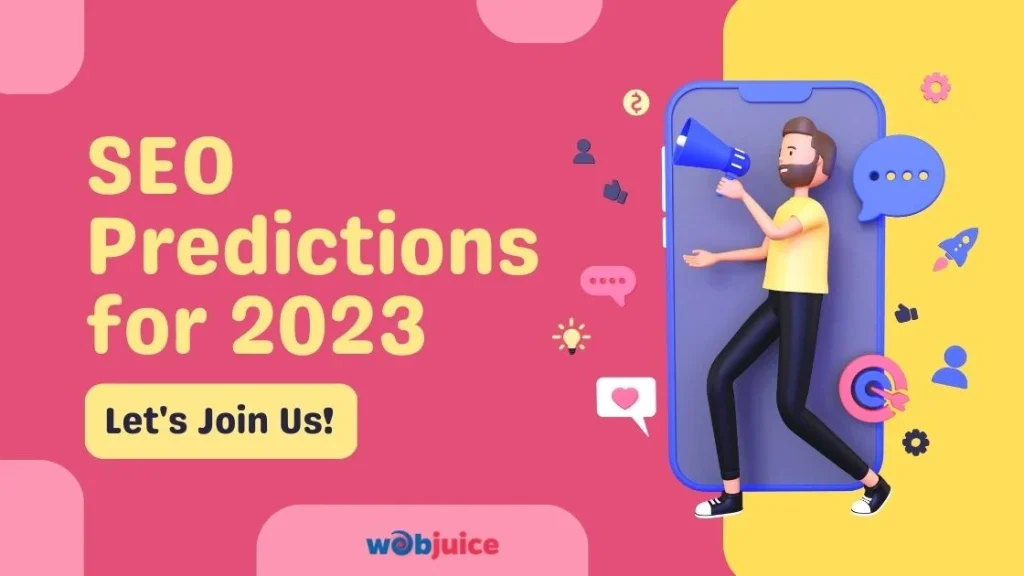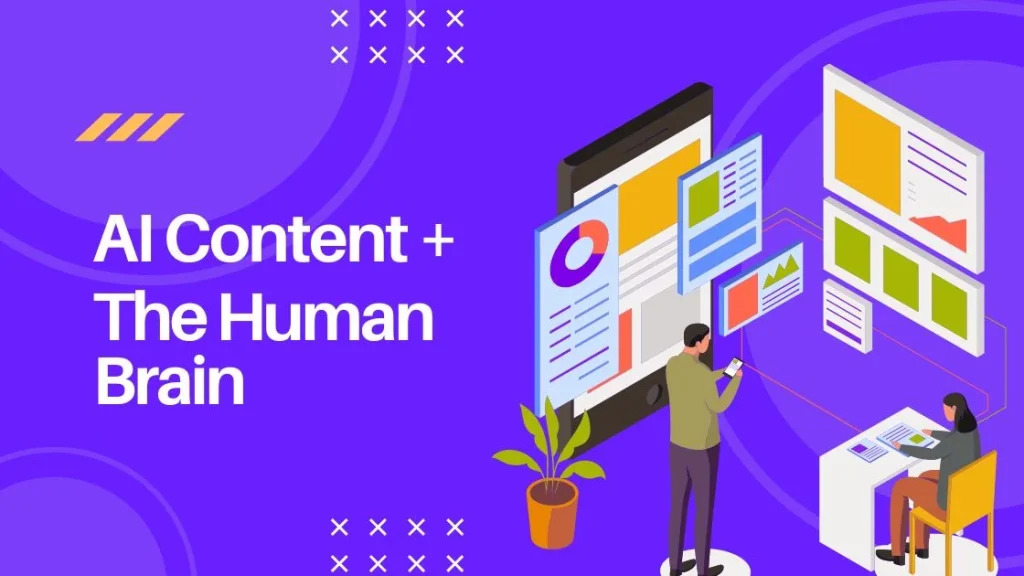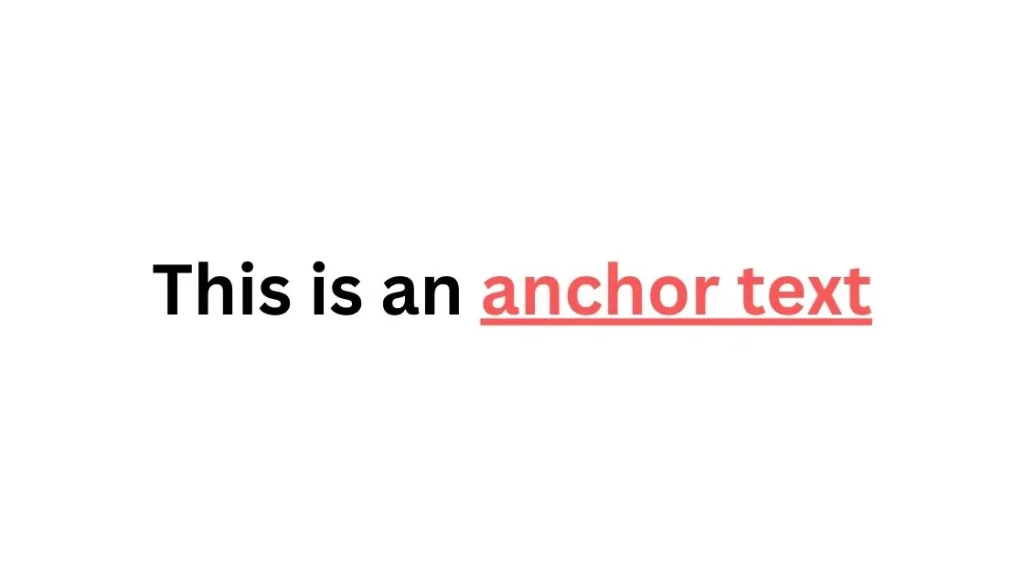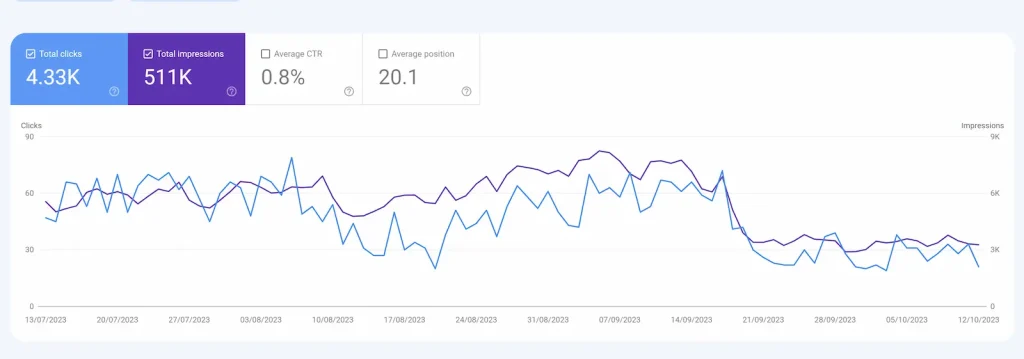Key Takeaways
- It is therefore important that you have a solid understanding of SEO principles
- When you do your keyword research, you first need to understand what Google looks for
- Organic search is a powerful ranking factor
Website ranking can be a challenge for any business. And, unfortunately, common mistakes that businesses make when trying to improve their website’s rankings include making incorrect assumptions about SEO and other online marketing tactics.
According to Amit Shukla:
As analytics become more important in the business world, it has led to the rise of both ranking and rating systems. The idea behind ranking is to push content higher up the ranks if it performs well while rating systems give out an overall score for a given piece of content."
Amit Shukla
It is therefore important that you have a solid understanding of SEO principles and how they work. This will help you avoid making costly mistakes later on down the line. Once you know what works and doesn’t work to rank on Google (and other search engines), put the strategies we will discuss below into action by using search engine optimization techniques, such as link building & social media outreach.
If your website is not ranking in Google, it’s likely because you’re making some common mistakes. In this blog, we’ll take a look at some of the most common website problems, and give you tips on how to fix them. So, whether your website is not ranking at all or just isn’t showing up as high on search engines as you’d like, read on to find out how to fix it!
Google Ranking Factors to Increase Search Result Placement
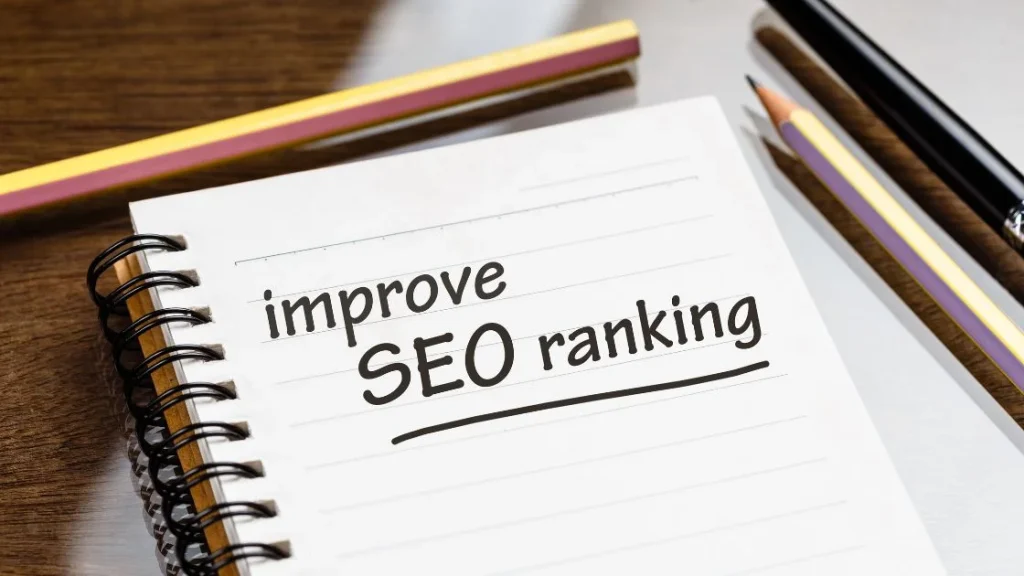
Always ensure you have a solid understanding of SEO principles and how they work. This will help you avoid making costly mistakes later on down the line. Once you know what works and doesn’t, put the strategies discussed below into action. SEO techniques such as link building and social media outreach will help you here.
And don’t forget: always test your hypotheses before implementing changes live! That way, you’ll save yourself from any potential loss in traffic.
- Make sure that your meta title is keyword rich and that your brand name is displayed first.
- Your website meta descriptions should be well-written, compelling, and relevant to the keywords you’ve selected for your site.
- Improving keyword density is one of the most important things that you can do to improve your SEO efforts. Density is simply the percentage of words in a given article or piece of content that are related to your target keywords. The higher the density, the higher your website should rank on search engines.
- Make use of webmaster tools. They allow you to manage your website’s content and layout, track website visits and conversion rates and monitor various other aspects of your site’s performance. Google Search Console is a great tool to measure your site’s performance.
Now that we have the most common issues covered let’s have a look at the most important factors that may be the root of your low rankings.
1 - Using the Wrong Keywords

If you’re not using the right keywords in your website’s title, description, and other search-engine-friendly content, then your website will never appear on the first page of Google.
When you do your keyword research, you first need to understand what Google looks for. But remember that Google is constantly changing its algorithms to ensure the best results for its users.
Google considers a website to be “ranking well” if it counts within the top three results for a specific keyword or phrase. So, if you’re trying to rank for”SEO specialist,” your website needs to be showing up on the first or second page of results for that target word.
But there’s more than just one keyword that impacts how well your site performs. Every page content on your website should contain relevant words and phrases that are relevant to your niche and what people are searching for. If it doesn’t, then those words won’t show up in Google’s search engine. This means that you need to spend time brainstorming different keywords and phrases that could be associated with your business and see which ones actually show up on the SERPs.
2. Keyword Placement and Density
If you’re struggling to get your website ranked in Google, one of the most common mistakes you’re likely making is placing your keywords too low on your page. Simply shoving it into the article or page will not suffice. Keyword placement and density are, well, key here.
So what is it and how does it influence your site?
- Keyword placement is the position of your keywords on your page, relative to other content on your page. You want to make sure that the phrases you select are relevant to your website and audience, and that they’re positioned in a way that will make them easy for people to find.
- Density refers to how often your keywords are used on your page. The more times it appears on a page, the better chance it has of being ranked higher in the SERP. However, you don’t want to overuse keywords or include them in an unnatural way – otherwise, you’ll end up with spammy results instead of helpful ones.
- There are many ways to measure the density – but one common method is called the “Keyword Placement Index.” This index measures how well a given word is positioned relative to other words on a web page, based on its frequency and position within phrases.
Overall, placement and density are both crucial elements when it comes to reaching the top of Google search engine results.
Finally, make sure you keep up with Google’s regular updates and changes – this will ensure that your website remains optimized for search engine traffic.

Why Google May Not be Indexing Your Website
Another factor in low search engine rankings may be Google not indexing your website. So why would this happen? It’s all about making it easy for your visitors to navigate your website with ease of use.
- Indexing is the process by which Google “reads” your website and makes it available to be searched through its search engine.
- There are a few common reasons why a website might not be indexing:
Your website’s domain might not be registered with Google. - Your website’s sitemap may not be up to date.
- Your website may have been removed from the index due to incorrect content or violations of Google’s policies.
No Authoritative Backlinks
backlinks. Authoritative backlinks are the links on your website that are from reputable websites such as news sites and educational research papers from experts with a lot of authority in their field.
Backlinks are one of the most important factors when it comes to SEO. High-quality backlinks are not just limited to websites that deal with the same topic as yours – they can come from any source, be it a blog, an article, or even a forum post.
Google uses these links as part of its algorithm to determine which websites are most relevant and trustworthy when it comes to a particular topic. If your website doesn’t have any authoritative backlinks, then it won’t rank in Google for any of the keywords that you’re targeting.
The first step to finding authoritative backlinks for SEO is to identify which keywords are most important to your business. Once you have a list of target keywords, it’s time to start hunting for high-quality backlinks.

Why are authoritative links so valuable?
An intuitive explanation would be that if someone is looking for information about a topic, they’re going to look first to websites with high rankings on that subject. And since authority sites are typically well-researched and unbiased, their links will give your site extra weight – leading to higher click-through rates and better exposure for your content.
How do you generate authoritative links?
There are two main ways: through backlinking and through linking to influential sites. Backlinking involves posting relevant articles or blog posts on other credible sources and then tagging those sources using specific keywords related to the article or post you’re linking to. You can also add these tags manually into any article you publish on site – this will help Google’s indexing spiders find it faster when they crawl your site later on
Cleaning House to Increase Your Websites Search Ranking in Google
Organic search is a powerful ranking factor that can help your website rank higher in the search engine results pages (SERPs). By optimizing your site for organic traffic, you can attract more customers who are looking for high-quality content. You can do this by simply uncluttering your content from excessive and forced keywords and rambling.
First and foremost, make sure all of your text is well-written and easy to read. This includes titles, meta descriptions, and anywhere else text may be displayed on the page. Make sure all important keywords are used throughout the text in a natural way, as well as in the title tags and metadata. In addition to writing quality content, include relevant images that accompany each article or video clip. Finally, make use of broken link-checking tools like Google Webmaster Tools which will identify any links that don’t point back to your website properly. Fix them up immediately so they work better for you!
Here are some general guidelines that can help you assess how your website is performing with speed and usability.
- Check the loading time of different pages. Make sure all the content and images load quickly and without any lag.
- Test out different browsers (Chrome, Firefox, IE) and devices (PCs, tablets, phones) to see which ones work best for users.
- Try using a browser extension such as Google Lighthouse Extension to measure performance in real-time.
- Compare your results against those of similar websites that have been published as benchmarks by Google or Yahoo! And make appropriate changes if necessary.
Climb to Google Ladder with Webjuice
With all the valid points we have discussed in this blog, your website can get back on track and become more relevant than ever. By simply making sure your website is not filled with outdated or irrelevant content you can easily start increasing traffic without an expensive SEO campaign.
But with all this information the most important point to keep in mind is googles algorithm updates. Always stay up to date on their latest changes to ensure your content, backlinks, and meta details are on point and relevant enough to reach the top of search results.
source https://webjuice.ie/website-not-ranking-in-google/






